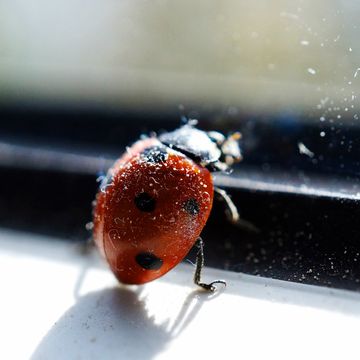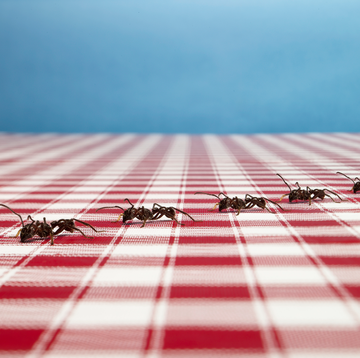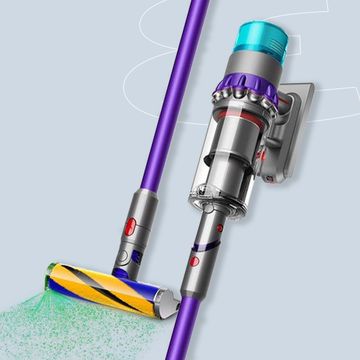The claim: Older men—but not older women—who have stressed cells and worn out DNA bounce back more slowly from taxing situations, and also show higher levels of hostility and pessimism, finds a study published in Proceedings of the National Academy of Sciences (PNAS).
The research: The UK study team assessed the cell and DNA health of 333 men and women ages 54 to 76. Part of the study involved measuring the length of their telomeres, the “caps” of your DNA’s chromosomes. (Studies have tied shorter telomeres to accelerated aging and higher disease rates.) The researchers also asked all the participants to complete stressful tasks.
While the stressful tasks caused upticks in heart rate, blood pressure, and anxiety hormones among all the participants, men with heightened levels of DNA damage and cellular stress showed “blunted” recovery times—meaning their blood pressure and other measures of stress stayed elevated longer. Compared to people with longer telomeres, these men were also nearly 55% more hostile and 10% less optimistic.
What it means: The findings are a sign that cell health, DNA health, and mental health may be interconnected, says study coauthor Andrew Steptoe, DSc, director of the Institute of Epidemiology and Health Care at University College London. Stressed cells and worn out DNA are a natural part of aging. But both occur earlier and to a greater degree as a result of prolonged bouts of illness, psychological trauma, or exposure to toxins like alcohol or cigarettes, Dr. Steptoe explains. He says it’s not clear whether DNA or cellular stress causes hostility or other bad-mood traits, or whether something else might be at play.
The bottom line: Some studies have found lifestyle changes—like a healthier diet and more exercise—can calm your cells and maybe even lengthen your telomeres, Dr. Steptoe says. Specifically, research has indicated eating antioxidant-rich vegetables, reaching a healthy body weight, and improving your ability to manage stress (using techniques like yoga and meditation) could reverse or slow DNA and cellular damage caused by illness or toxins. Dr. Steptoe says more social support—spending time with family or people you can confide in about your life—can also help.
Markham Heid is an experienced health reporter and writer, has contributed to outlets like TIME, Men’s Health, and Everyday Health, and has received reporting awards from the Society of Professional Journalists and the Maryland, Delaware, and D.C. Press Association.












